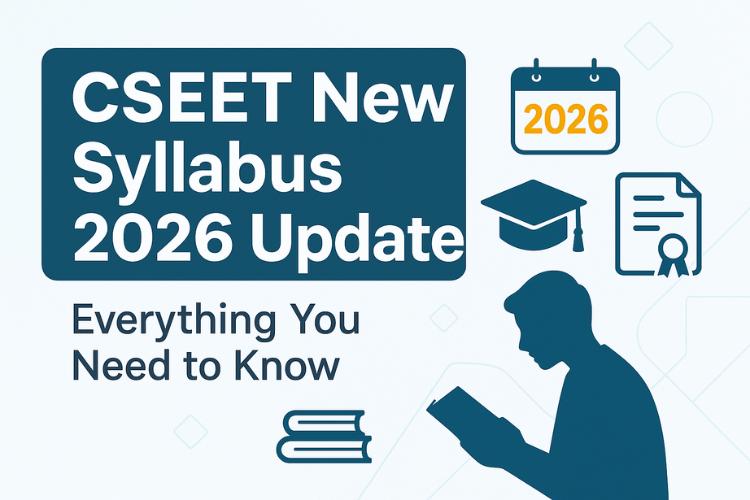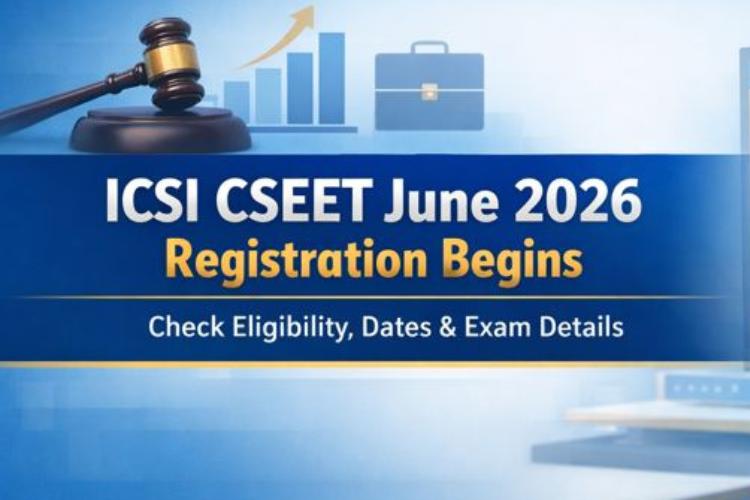
RPSC 1st Grade Syllabus for Commerce: Complete Guide for 2025
RPSC 1st Grade Syllabus for Commerce: The Rajasthan Public Service Commission (RPSC) conducts the 1st Grade Teacher examination for recruiting qualified candidates to teach in government schools across Rajasthan. For commerce aspirants, understanding the comprehensive syllabus is crucial for effective preparation and success in this competitive examination.
Overview of RPSC 1st Grade Examination
The RPSC 1st Grade examination for Commerce consists of two papers:
- Paper I: General Knowledge and Teaching Methodology
- Paper II: Subject-specific knowledge (Commerce)
Both papers are objective-type with multiple-choice questions, and each paper carries 150 marks with a duration of 3 hours.
Paper I: General Knowledge and Teaching Methodology (150 Marks)
Part A: General Knowledge (75 Marks)
History of Rajasthan
- Ancient history and archaeological sites
- Medieval period and princely states
- Freedom struggle in Rajasthan
- Integration of Rajasthan
- Major historical personalities
Geography of Rajasthan
- Physical features and climate
- Rivers, lakes, and water resources
- Minerals and mining
- Agriculture and irrigation
- Industries and economic development
Culture and Heritage
- Folk music and dance
- Art and craft traditions
- Festivals and fairs
- Architecture and monuments
- Literature and languages
Current Affairs
- National and international events
- Sports and awards
- Government schemes and policies
- Economic developments
- Social issues and reforms
General Science
- Physics, Chemistry, and Biology basics
- Environmental science
- Computer awareness
- Recent scientific developments
Part B: Educational Psychology and Teaching Methodology (75 Marks)
Educational Psychology
- Learning theories and principles
- Individual differences and learning styles
- Motivation and its role in learning
- Memory and attention
- Intelligence and creativity
Teaching Methods
- Modern teaching approaches
- Lesson planning and curriculum development
- Classroom management techniques
- Assessment and evaluation methods
- Use of technology in teaching
Educational Philosophy
- Aims and objectives of education
- Educational philosophies and their impact
- National education policies
- Right to Education Act
- Inclusive education
Paper II: Commerce Subject Knowledge (150 Marks)
Accountancy (50 Marks)
Financial Accounting
- Accounting principles and concepts
- Double-entry bookkeeping system
- Preparation of Trial Balance
- Final accounts for sole proprietorship
- Depreciation methods and provisions
- Bank reconciliation statements
Partnership Accounting
- Partnership deed and agreements
- Profit and loss appropriation
- Admission, retirement, and death of partners
- Dissolution of partnership
- Reconstitution of partnership
Company Accounts
- Share capital and debentures
- Issue of shares at par, premium, and discount
- Forfeiture and reissue of shares
- Redemption of preference shares
- Final accounts of companies
Advanced Accounting Topics
- Consignment and joint venture
- Bills of exchange
- Hire purchase and installment systems
- Non-profit organizations accounting
- Government accounting basics
Business Studies (50 Marks)
Nature and Significance of Management
- Management functions and principles
- Planning, organizing, staffing
- Directing and controlling
- Leadership styles and motivation
Forms of Business Organization
- Sole proprietorship and partnership
- Joint stock companies
- Cooperative societies
- Public enterprises
Marketing Management
- Marketing concept and mix
- Product life cycle
- Pricing strategies
- Distribution channels
- Promotion and advertising
Financial Management
- Sources of finance
- Capital structure decisions
- Working capital management
- Financial planning and control
Human Resource Management
- Recruitment and selection
- Training and development
- Performance appraisal
- Industrial relations
Economics (50 Marks)
Microeconomics
- Demand and supply analysis
- Theory of consumer behavior
- Production and cost analysis
- Market structures and pricing
- Factor pricing theories
Macroeconomics
- National income concepts
- Money and banking system
- Public finance and fiscal policy
- International trade theories
- Economic growth and development
Indian Economy
- Economic planning in India
- Agriculture and industrial development
- Foreign trade and balance of payments
- Poverty and unemployment
- Economic reforms since 1991
Contemporary Economic Issues
- Globalization and liberalization
- Environmental economics
- Digital economy
- Financial inclusion
- Sustainable development goals
Check Out the Official website for Syllabus – https://rpsc.rajasthan.gov.in/syllabus
Preparation Strategy
Study Plan Organization
Create a structured study schedule that allocates adequate time to both papers. Focus on understanding concepts rather than rote memorization, especially for commerce subjects.
Resource Selection
Use standard textbooks for commerce subjects, particularly NCERT books for classes 11 and 12. Supplement with reference books by renowned authors and previous years’ question papers.
Practice and Revision
Regular practice of multiple-choice questions is essential. Solve mock tests and previous years’ papers to understand the exam pattern and improve time management.
Current Affairs Preparation
Stay updated with current affairs, especially related to Rajasthan, through newspapers, magazines, and reliable online sources. Focus on government schemes, economic policies, and educational reforms.
Teaching Methodology Focus
For the educational psychology section, understand various learning theories and their practical applications in classroom settings. Practice lesson plans and teaching methodologies.
Exam Tips and Strategies
Time Management
Allocate time wisely during the exam. Spend more time on questions you’re confident about and avoid getting stuck on difficult questions.
Negative Marking Awareness
Be cautious about negative marking if applicable. Make educated guesses only when you can eliminate obviously wrong options.
Regular Mock Tests
Take regular mock tests under exam conditions to build stamina and improve accuracy. Analyze your performance and identify weak areas for improvement.
Stay Updated
Keep track of any changes in the syllabus or exam pattern announced by RPSC through their official website and notifications.
Conclusion
Success in the RPSC 1st Grade examination for Commerce requires thorough preparation, consistent practice, and strategic planning. Focus on building a strong foundation in all three commerce subjects while staying updated with current affairs and educational methodologies. Remember that teaching is not just about subject knowledge but also about the ability to impart knowledge effectively to students.
Regular revision, solving previous years’ papers, and taking mock tests will significantly enhance your chances of success. Stay motivated, maintain a positive attitude, and approach your preparation systematically. With dedicated effort and proper guidance, you can achieve your goal of becoming a 1st Grade teacher in Rajasthan.
Good luck with your preparation!
This blog post provides a comprehensive overview of the RPSC 1st Grade syllabus for Commerce. For the most current and detailed syllabus, always refer to the official RPSC website and latest notifications.
for more information contact us –
Ph. No. – +91-6367885579
WhatsApp – Click to chat
facebook – @commercehubkota
Instagram – @comerc_classes
Youtube – @commercehubkota
Telegram – @comerc.in









